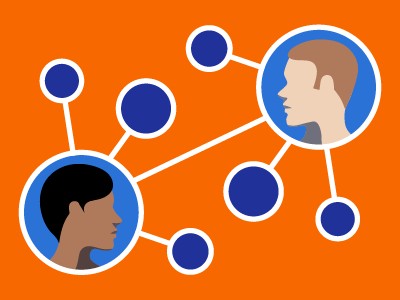Syracuse University, Coca-Cola Enter Into Pouring Rights Agreement
Syracuse University has signed The Coca-Cola Company as the official non-alcoholic beverage partner of the University and Syracuse University Athletics. The agreement, which took effect on July 1, comes after a competitive year-long strategic evaluation process, led by a working…


 The quality of our relationships is the single biggest predictor of our happiness—more so than business success, physical health, wealth, status or fame. While we may be in the unique position of either spending a bit too much time with others lately, or striving to maintain connections with those we love from a safe distance, it does all of us good to focus on and prioritize our relationships to set the foundation of a happy, healthy life.
The quality of our relationships is the single biggest predictor of our happiness—more so than business success, physical health, wealth, status or fame. While we may be in the unique position of either spending a bit too much time with others lately, or striving to maintain connections with those we love from a safe distance, it does all of us good to focus on and prioritize our relationships to set the foundation of a happy, healthy life.